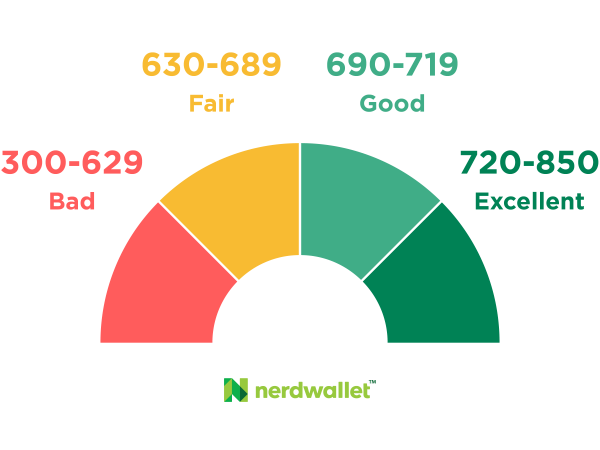
Business Loan Qualifications: 7 Essential Requirements You Need to Know
Qualifying for a small business loan requires meeting several key criteria that lenders evaluate. Here are the seven essential requirements you need to know:
- Credit Scores Personal credit scores typically need to be 690 or higher for traditional bank loans and SBA loans. Online lenders may accept lower scores, sometimes as low as 500, focusing more on business performance. Business credit scores (0-100) become important for established companies.

Credit score range chart graphic
- Annual Revenue Lenders require minimum revenue thresholds to ensure loan repayment capability. Requirements vary significantly:
- Online lenders: Often require $100,000+ annual revenue
- Traditional banks: Usually require $250,000+ annual revenue
- Debt Service Coverage Ratio (DSCR) should typically be 1.25 or higher
- Business Age Time requirements vary by lender type:
- Traditional banks: Minimum 2 years in business
- SBA loans: Usually 2+ years
- Online lenders: Often 6+ months
- Startup loans: As little as 3 months
- Industry and Size Requirements Some industries face additional scrutiny or restrictions:
- High-risk industries: Restaurants, beauty services
- Restricted industries: Adult entertainment, gambling, drug dispensaries
- SBA loans require meeting specific size standards and must be for-profit businesses
- Business Plan and Loan Proposal Required documentation should include:
- Detailed business goals and strategies
- Clear purpose for the loan
- Revenue projections
- Repayment strategy
- Cash flow analysis
- Collateral Requirements Most lenders require some form of security:
- Physical assets (equipment, real estate, inventory)
- Personal guarantee from owners with 20%+ stake
- Blanket liens on business assets
- Some online lenders offer unsecured options
- Required Documentation Essential paperwork includes:
- Tax returns (personal and business)
- Financial statements
- Bank statements
- Business licenses
- Articles of incorporation
- Commercial leases
- Financial projections
- Management resumes
- Existing debt schedules
Remember to verify all documentation for accuracy before submission, as errors can lead to automatic rejection even if you qualify otherwise. Online lenders typically require less documentation than traditional banks and may offer faster approval processes.
For newer businesses or those with lower credit scores, alternative lending options like invoice factoring or startup-specific loans may be more accessible than traditional financing.
Related Articles
Complete Guide: Understanding Business Expenses in France
